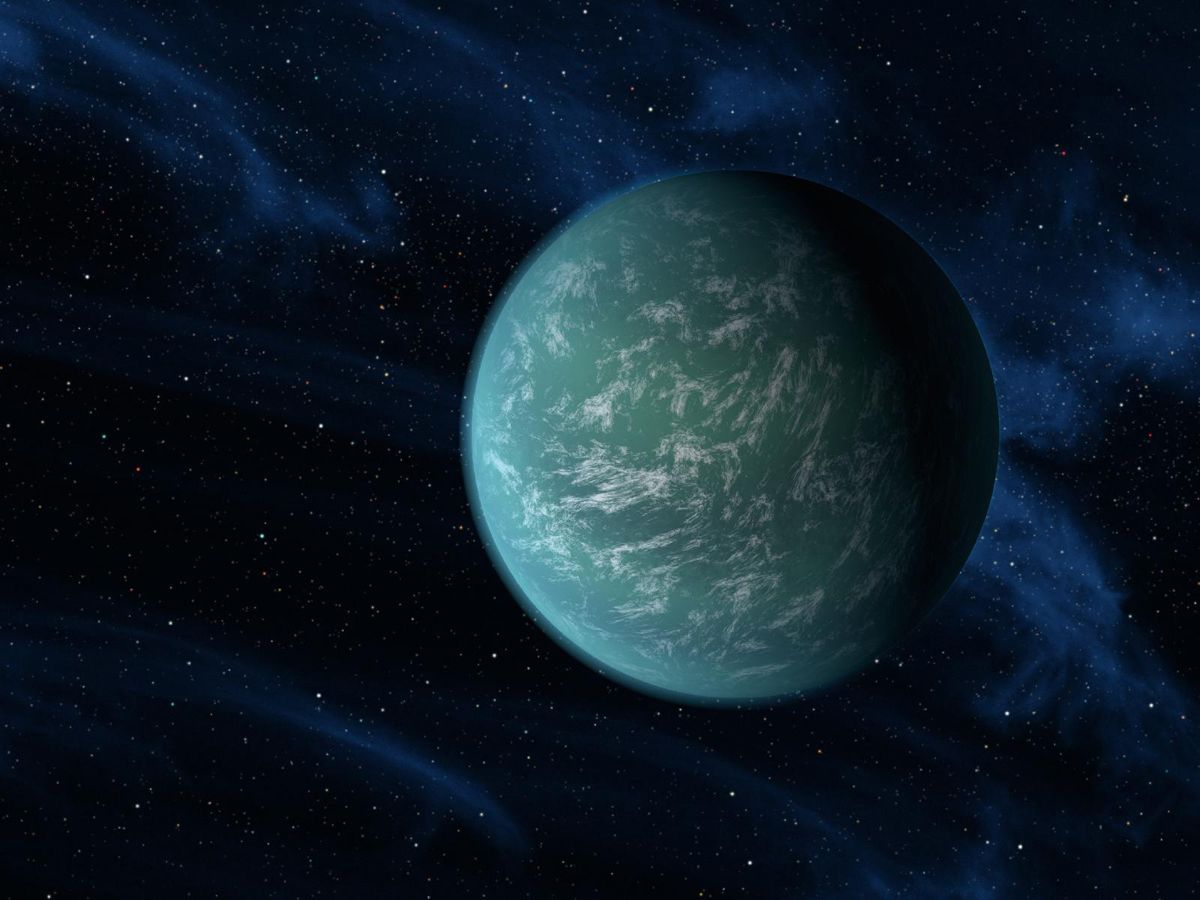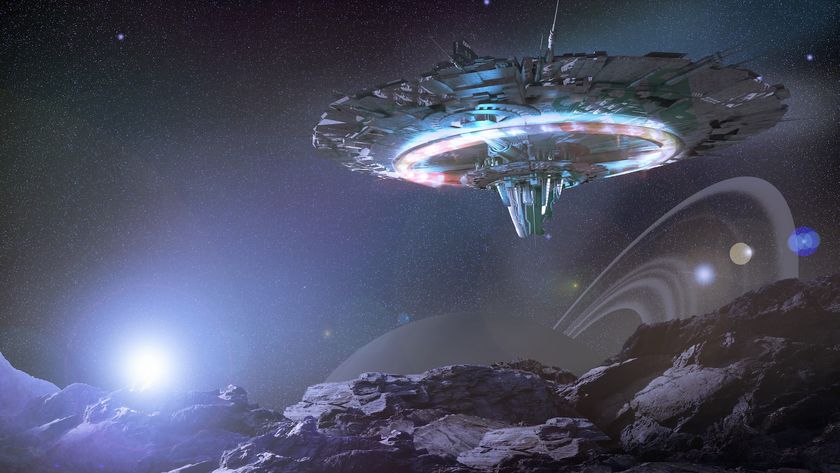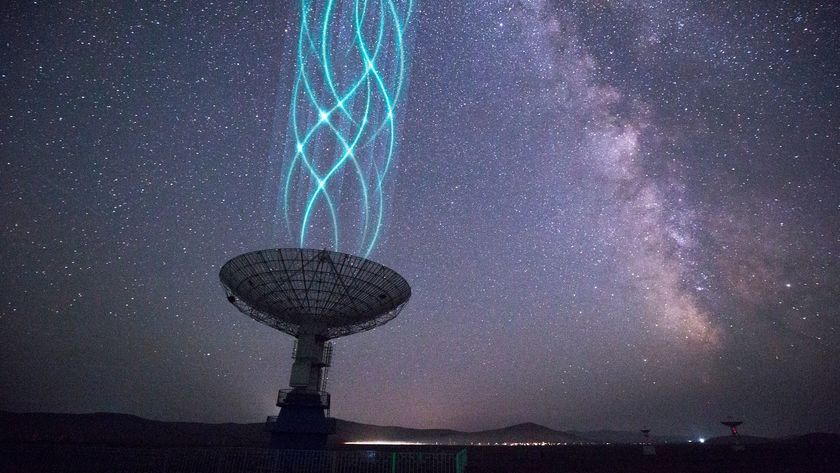NASA to Announce Discovery of New Alien Planets Today

NASA will unveil its latest discoveries in the search for planets beyond our solar system today (Dec. 20).
The new alien planet announcement is based on findings made by NASA's Kepler planet-hunting spacecraft, an observatory that has been orbiting Earth since its launch in March 2009.
The Kepler mission has already found 2,326 potential planets during its first 16 months of operation, with 28 of those confirmed as definite planets.
Earlier this month, the Kepler science team announced the discovery of Kepler-22b, the first potentially habitable alien planet. This distant world, which is located about 600 light-years from Earth, orbits its star in the habitable zone that could support liquid water, and perhaps life. NASA announced the discovery of Kepler-22b on Dec. 5. [Gallery: A World of Kepler Planets]
Between Kepler and the other ground- and space-based planet searches underway, scientists have discovered a total of more than 700 confirmed alien planets. They're still on the hunt for a truly Earth-like world, though, roughly the right size and temperature to host life.
Tuesday's press conference will begin at 1 p.m. EST and will be webcast on NASA's website. Speakers will include:
- Nick Gautier, Kepler project scientist at NASA's Jet Propulsion Laboratory in Pasadena, Calif.
- Francois Fressin, the lead scientist on the new discovery, of the Harvard-Smithsonian Center for Astrophysics in Cambridge, Mass.
- David Charbonneau, professor of astronomy at Harvard University
- Linda Elkins-Tanton, director of the Carnegie Institution for Science's Department of Terrestrial Magnetism in Washington
The public can listen in on the alien planet announcement using NASA's News Audio website here.
Sign up for the Live Science daily newsletter now
Get the world’s most fascinating discoveries delivered straight to your inbox.
The $600 million Kepler mission is slated to run until at least November 2012, though its science team is hoping for an extension of the mission until 2016 or so.
This story was provided by SPACE.com, a sister site to LiveScience. Follow SPACE.com for the latest in space science and exploration news on Twitter @Spacedotcom and on Facebook.














